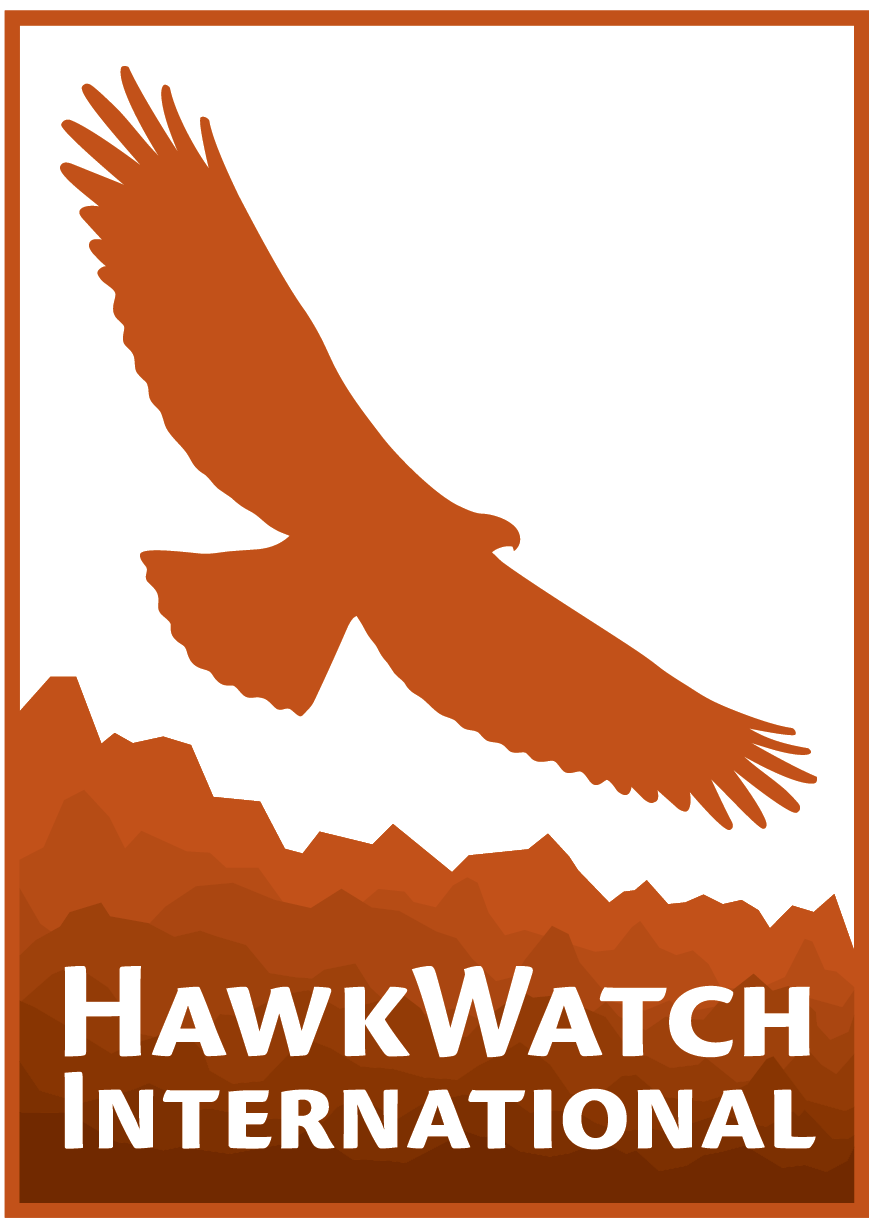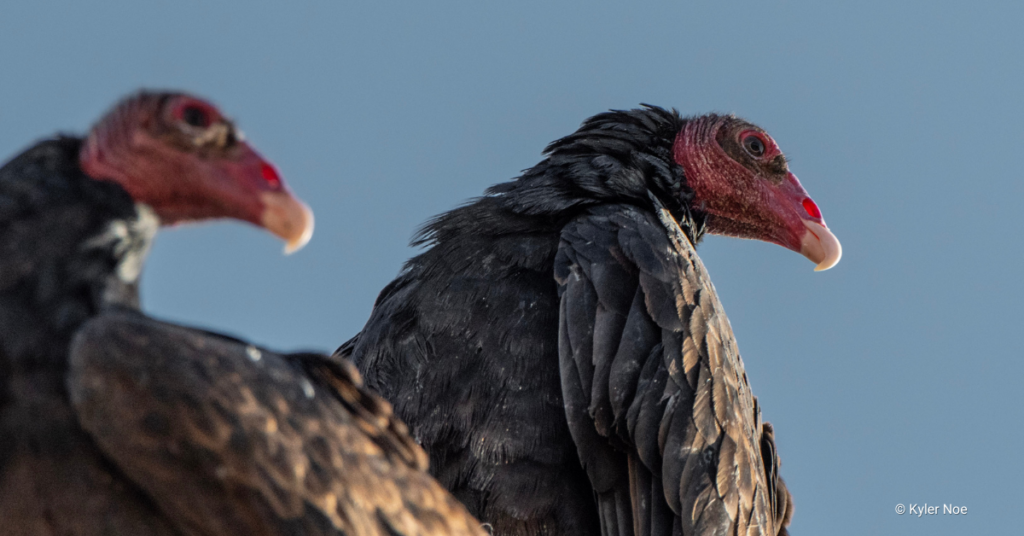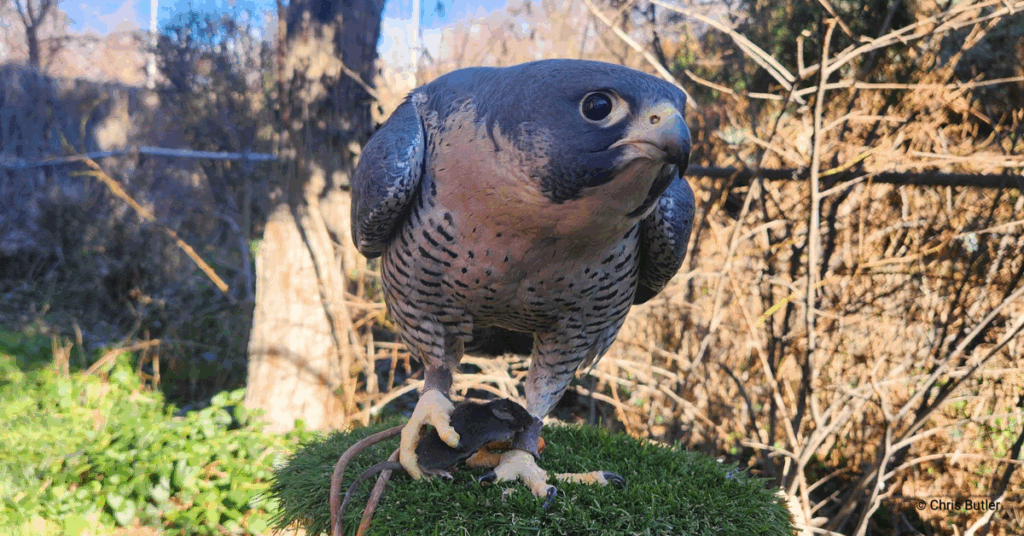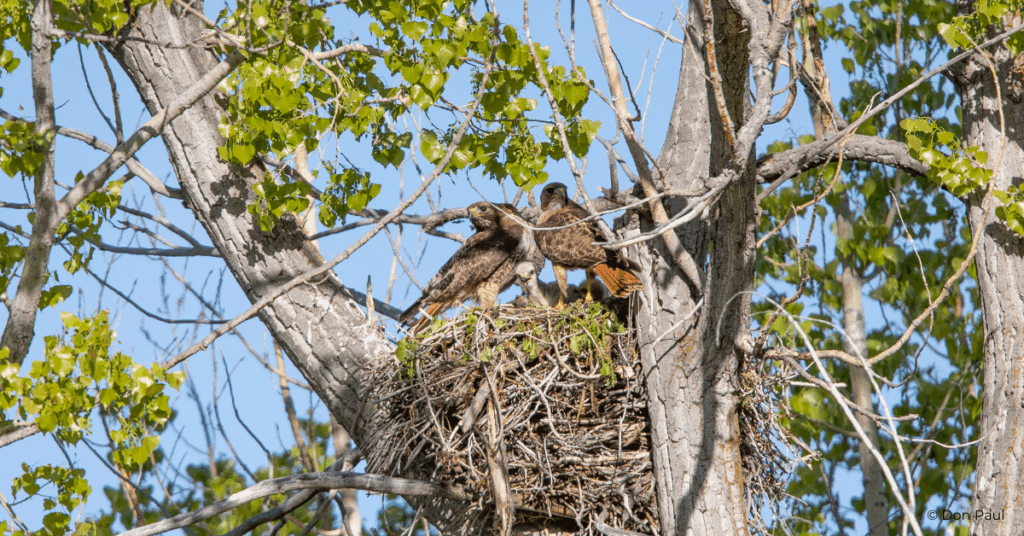Raptors, also known as birds of prey, are powerful hunters that dominate their ecosystems, but their importance stretches far beyond their predatory prowess. Research into raptors—including eagles, hawks, falcons, and vultures—is not only beneficial for the birds themselves but also plays a crucial role in understanding and protecting environmental and human health.
Raptors and Environmental Health
The Role of Indicator Species
Raptors are indicator species, organisms that can tell us a lot about the health of an ecosystem simply by tracking their population trends. When raptor populations start to decline, it’s often a signal that something else is amiss in the environment. This could be due to factors like habitat loss, pesticide use, or declining prey populations, which are often symptomatic of larger ecological issues.
For example, the decline of the Peregrine Falcon in the mid-20th century became a red flag for scientists studying the effects of chemical pollutants. Scientists eventually discovered that the pesticide DDT was thinning the birds’ eggshells, causing reproductive failures. This discovery not only helped save the falcons from extinction but also led to the banning of DDT in many countries. The effects of this toxic chemical extend far beyond birds, as DDT also poses significant risks to human health, including increased cancer risk. By studying raptors, we were able to identify and mitigate an environmental threat that affected many species, including our own.
Raptors and Their Ecological Roles
Raptors are not just indicators of environmental health; they are also keystone species, vital players in maintaining the balance of ecosystems. As apex predators, they help regulate prey populations, preventing the overpopulation of species that could otherwise wreak havoc on vegetation and agricultural land.
For instance, hawks and owls help manage rodent populations. Without these natural predators, farmers face increased crop damage, forcing them to use harmful pesticides that could further damage the environment. Similarly, vultures provide a unique and irreplaceable service by consuming carcasses, helping to prevent the spread of disease. Their scavenging role eliminates potentially dangerous pathogens from the environment, contributing to overall ecosystem health.
How Raptors Benefit Human Health
The connection between raptors and human health is surprisingly direct in some cases. Take the example of vultures in Africa and Asia. Declines in vulture populations due to poisoning and habitat destruction have led to an increase in disease transmission among humans. Vultures have a unique digestive system that allows them to safely consume dead animals that might carry diseases like rabies or anthrax. Without vultures to clean up carcasses, feral dogs and rats often take their place, leading to increased rabies cases in humans.
In India, vulture populations nearly collapsed in the 1990s due to poisoning from diclofenac, an NSAID used to treat cattle. When cattle treated with the drug died, vultures fed on their carcasses and were fatally poisoned. This dramatic decline in vultures led to a surge in feral dog populations, contributing to a rise in rabies cases and highlighting the essential role vultures play in public health. In response, diclofenac was banned for veterinary use in India, Nepal, Pakistan, and Bangladesh, helping to mitigate these human health risks across the region.
Conservation Matters for Us All
The decline of raptor populations is not just an ecological issue; it’s a public health issue, too. Raptors serve as early warning systems for environmental damage, help regulate prey populations, and even contribute directly to disease prevention. Their presence in our skies signals the health of ecosystems that sustain all life, including humans.
Conservation efforts that protect raptors are investments in our own future and critical steps toward protecting our shared environment. By studying raptors, we gain a clearer picture of the challenges our ecosystems face and the solutions we need to implement.
At HawkWatch International, our research helps protect these majestic birds while ensuring the well-being of our planet and its people. Support raptor research today and help safeguard ecosystems and human health for generations to come!
HawkWatch International is a nonprofit organization dedicated to raptor research and conservation. We strive to conserve our environment through education, long-term monitoring, and scientific research on raptors as indicators of ecosystem health. Whether through donations, volunteer opportunities, or simply spreading the word, your involvement can make a difference in preserving our natural world. Support our work today, help protect these incredible birds, and ensure that future generations can enjoy the thrill of hawkwatching!




